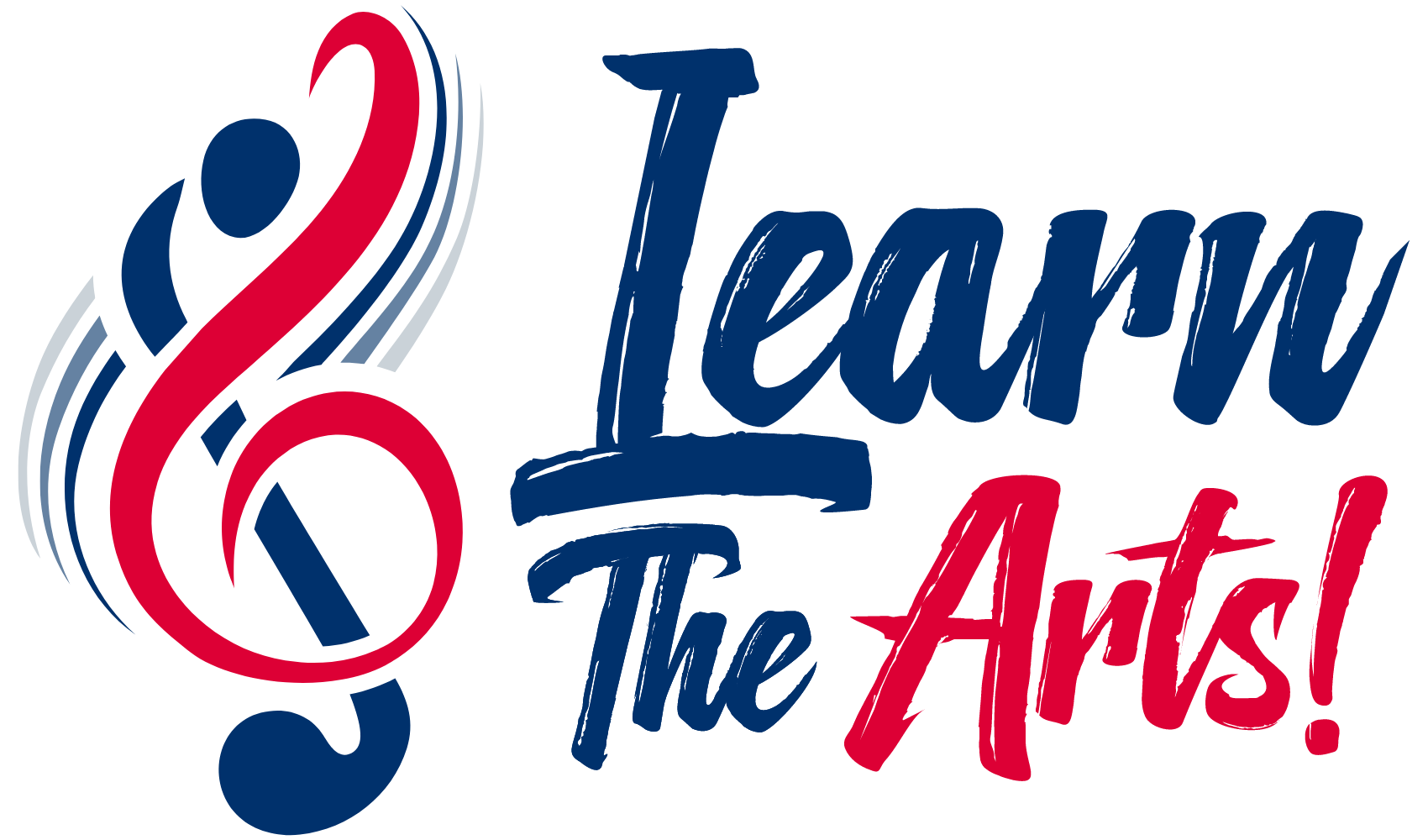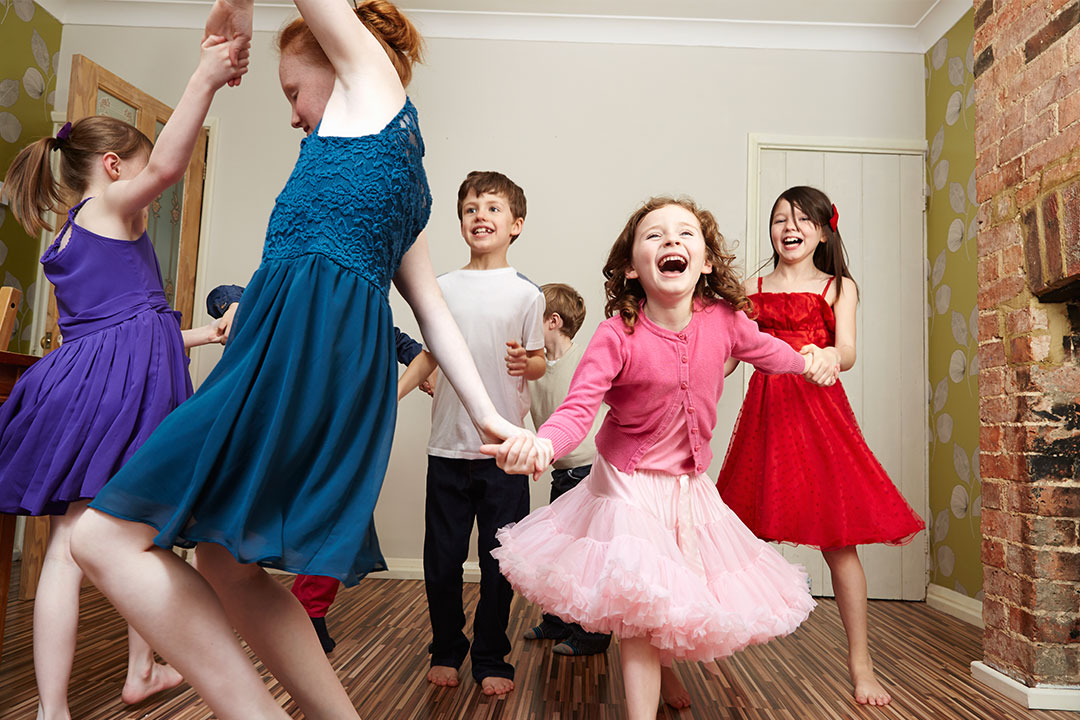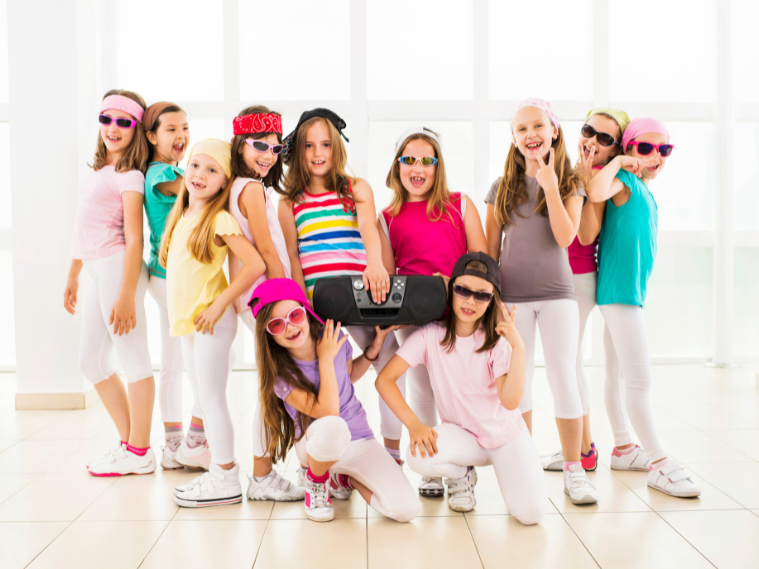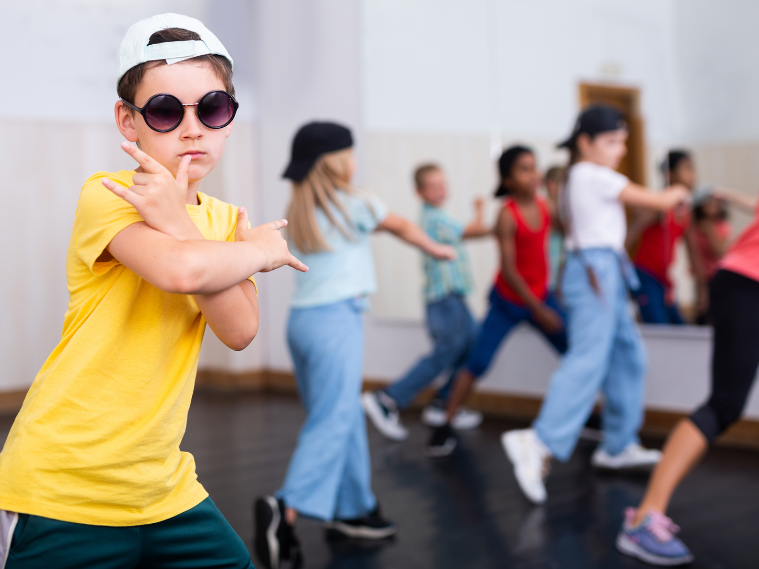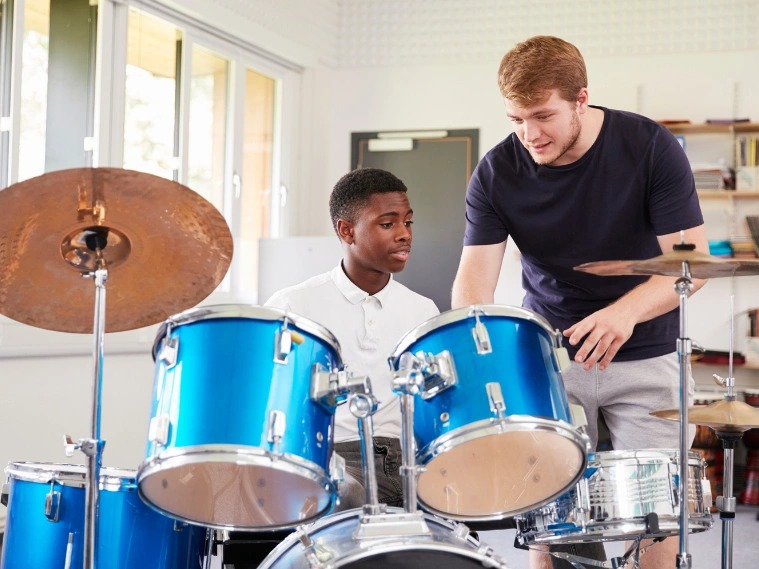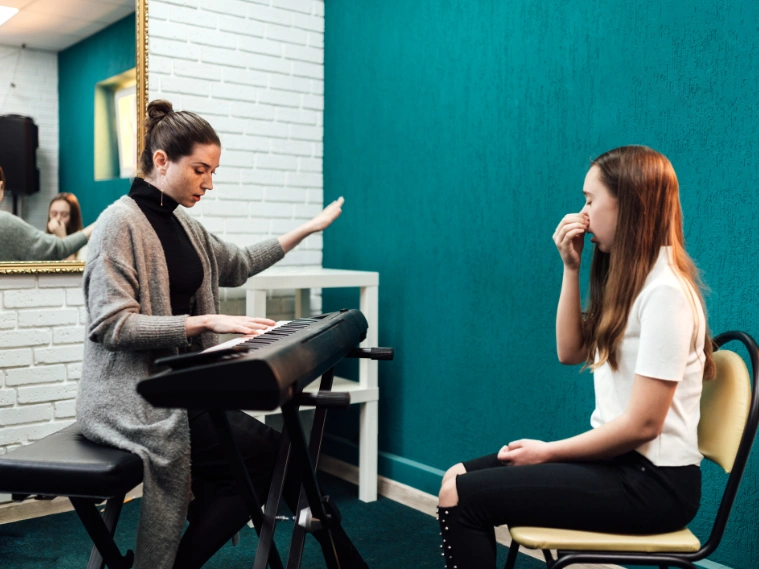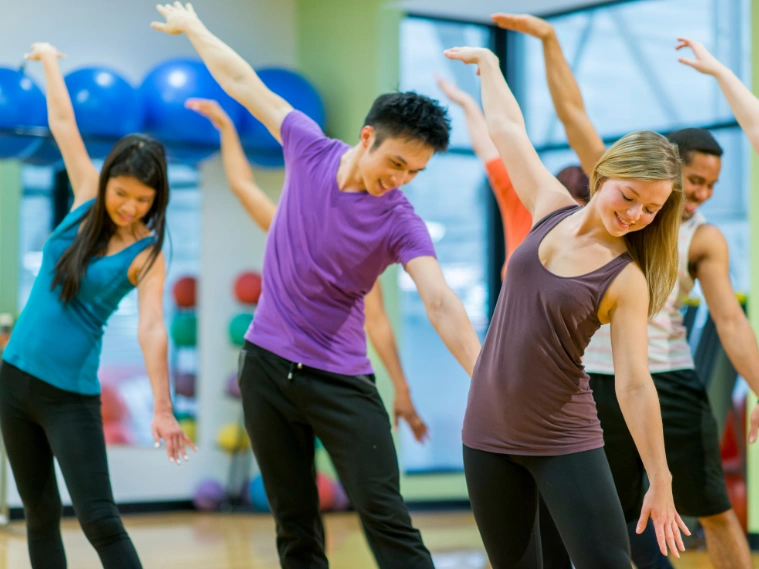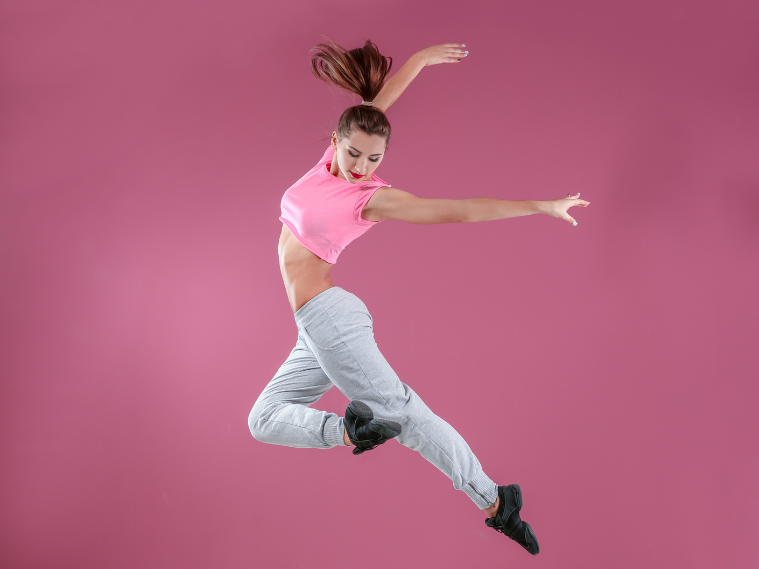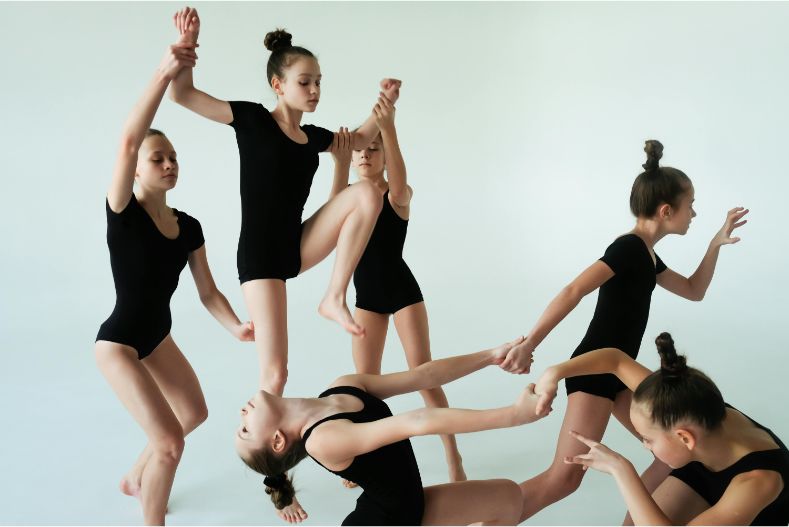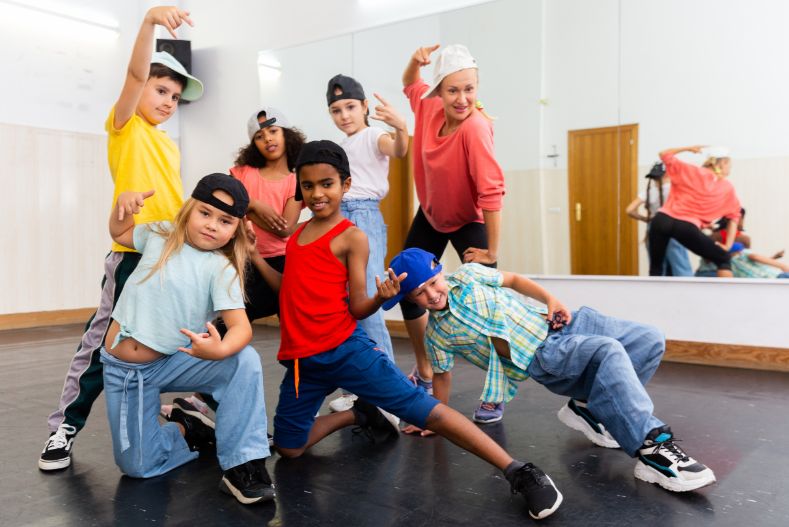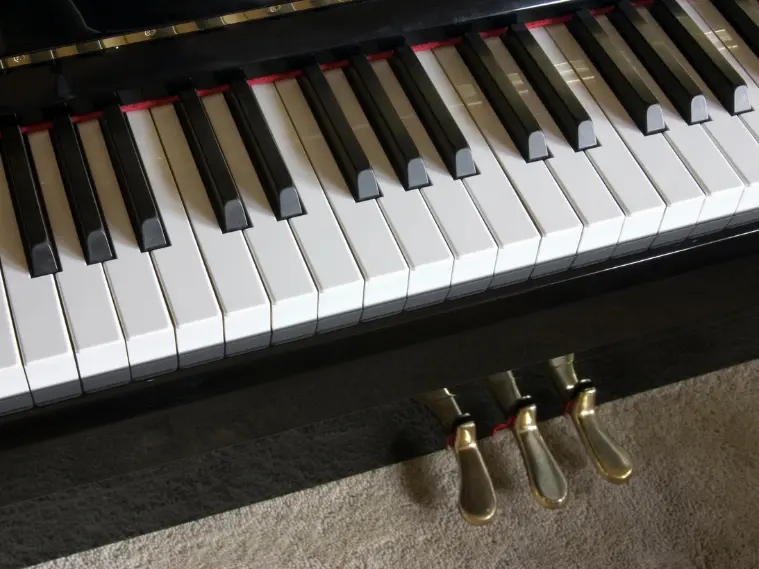Introduction
Confidence isn’t something you’re born with; it’s something you build. For many, social dancing has become a powerful tool to boost self-assurance and break out of their shells. Imagine stepping onto the floor, surrounded by people, and allowing music to guide your movements. Social dancing offers a unique blend of artistry, connection, and personal growth that can transform how you see yourself.
Dance schools and dance programs are safe spaces where people of all experience levels learn to trust themselves, engage with others, and express their personalities freely. Whether it’s through salsa, swing, ballroom, or Latin dance styles, social dancing creates an environment that fosters growth, radiates positivity, and leaves you feeling more confident than when you began.
If you’ve been curious about how a dance program could help develop your confidence, keep reading. Here are five compelling ways social dancing can help you shine brighter in every area of life.
1. Enhances Body Awareness and Posture
One of the first things social dancing does is strengthen your connection with your body. Dance schools and dance programs emphasize posture, coordination, and rhythm. Over time, this body awareness translates into a natural confidence that goes beyond the dance floor.
When you start dancing, you learn to read your body’s movements and align them with the beat of the music. Initially, it may feel awkward, but practice leads to improvement. Many beginners notice their posture improving as they gain control over their movements during lessons. For example, learning to move with precision in the waltz or cha-cha helps you feel more in tune with your body and its capabilities.
Good posture, reinforced through dance, has a subtle but profound effect on confidence. Standing tall projects strength and poise, making you appear more self-assured. You might even find yourself carrying this posture into your daily life, from work meetings to social gatherings, giving off an air of calm and command.
Additionally, students often report that being surrounded by supportive peers in dance classes creates a welcoming atmosphere to progress at their own pace. The consistent practice, combined with positive reinforcement from instructors and fellow dancers, ensures that even the most hesitant learner begins to feel more secure in their movements and self-image.
2. Builds Comfort in Social Situations
For those who struggle with social anxiety or shyness, social dancing is a game-changer. It takes place in a structured yet relaxed environment that encourages human connection. Dance schools and dance programs naturally promote collaboration, conversation, and teamwork, all of which help dismantle social fears.
During partner dances like salsa or swing, you’ll learn to interact with different people, often switching partners in order to practice with several dancers of differing skill levels. This fosters an ability to adjust, communicate, and adapt in real time, which can greatly improve your comfort around others.
The informality of social dancing also breaks the ice in ways that feel effortless. A shared smile or a laugh over a missed step can melt away the awkwardness that often comes with meeting someone new. When you participate in a dance program, you’re given numerous opportunities to connect with others, honing interpersonal skills that can be applied outside the dance floor.
With repeated exposure to these positive interactions, you begin to reframe how you feel about social situations. The confidence built in dance settings translates to networking events, parties, or even everyday encounters, allowing you to stride through life with a sense of ease and self-assurance.
3. Encourages Self-Expression
One of the most empowering aspects of social dancing is that it invites you to express yourself freely. Whether it’s a passionate tango or a playful swing routine, dance programs give you a creative outlet to tap into your emotions and personality.
Unlike rigid environments where you might filter your actions or words, the dance floor encourages authenticity. The music becomes your guide, and each step is an opportunity to tell a story or convey how you feel. Through exploration, you discover how uniquely capable you are of communicating through movement.
Dance schools are particularly adept at nurturing this self-expression. Experienced instructors often emphasize how no two dancers are exactly alike. You’re not just imitating a routine; you’re interpreting it in your own way. Knowing you can move beyond imitation into creativity fosters a mindset that prioritizes individuality and self-value.
Over time, you’ll notice this creative confidence radiating outward. Whether you’re presenting an idea in a meeting, connecting with friends, or pursuing a personal passion, the expressive skills honed through social dancing empower you to take initiative and make your voice heard.
4. Develops Resilience Through Learning
It’s normal to make mistakes when learning something new, and social dancing is no exception. Missing steps, losing rhythm, or accidentally turning the wrong direction is all part of the process. What matters most is how you recover from those moments. Dance programs provide a unique opportunity to build resilience by encouraging you to own your mistakes and keep moving forward.
Every stumble serves as a reminder that progress isn’t about demanding perfection but about consistent effort and willingness to grow. Learning to laugh at yourself and persevere represents a huge step in building confidence.
Additionally, dance schools create an environment where feedback is constructive rather than critical. You’re encouraged to view mistakes as part of the learning experience rather than a failure. This approach helps shift your mindset, teaching you to be kinder to yourself.
Resilience doesn’t stop on the dance floor. The confidence built by overcoming small challenges translates into a better ability to handle setbacks in other areas of life. You’ll find yourself more comfortable stepping out of your comfort zone, whether that’s starting a new project, speaking publicly, or navigating relationships.
5. Fosters a Sense of Community
Dance schools aren’t just places to learn steps; they’re hubs of connection and belonging. Joining a dance program means you’re joining a community that supports and uplifts one another. Whether you’re a first-time dancer or a seasoned enthusiast, you’ll find camaraderie that reminds you you’re never alone on your confidence-building journey.
Through group lessons, social dance gatherings, and even performances, you’ll meet people who share your interests and challenges. Dancing becomes a shared passion that transcends backgrounds and age differences, creating bonds that make you feel valued and included.
Feeling connected to others reinforces your sense of purpose. It’s easier to build confidence when you’re supported by a community that cheers for your progress and helps you celebrate your milestones. This supportive network often extends beyond the dance school, as the friendships you make can shape your life in meaningful ways.
Step onto the Dance Floor, Step Into Confidence
Social dancing offers more than just fun and fitness; it’s a pathway to confidence, resilience, and connection. From improving posture to overcoming social anxiety, dance schools and dance programs provide countless opportunities to grow and express yourself. Each step you take on the dance floor is an investment in your self-assurance and personal development.
If you’ve been considering joining a dance program, now is the time to leap. Confidence is built in the moments you say “yes” to challenges and opportunities, and social dancing is the perfect place to start. Not only will you learn new moves, but you’ll also discover new strengths within yourself. Take that first step today, and watch how it transforms your life.
